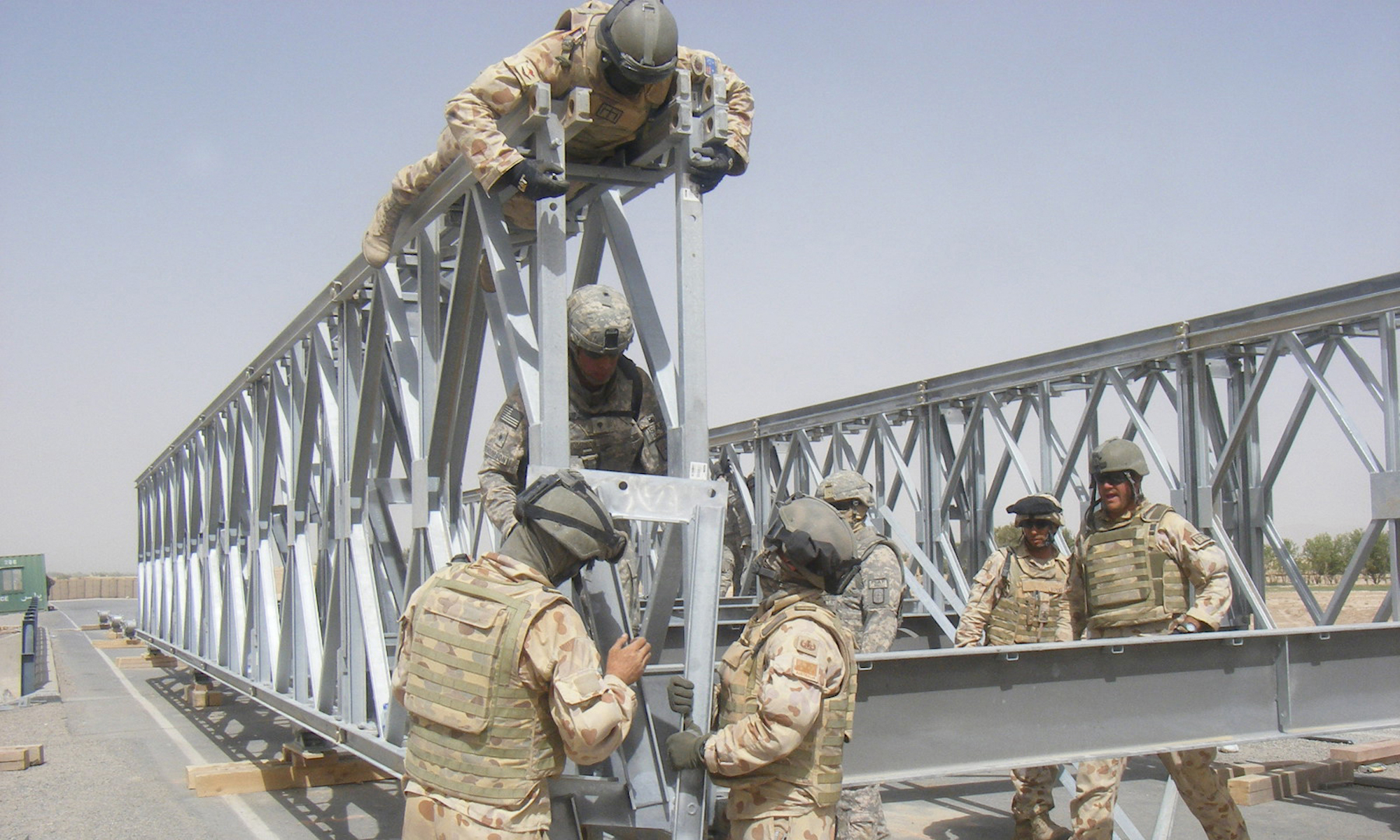Globalization, suggest the authors of this collection, is creating new opportunities-some legal, some illicit-for armed factions to pursue their agendas in civil war. Within this context, they analyze the key dynamics of war economies and the challenges posed for conflict resolution and sustainable peace. Thematic chapters consider key issues in the political economy of internal wars, as well as how differing types of resource dependency influence the scope, character, and duration of conflicts. Case studies of Burma, Colombia, Kosovo, Papua New Guinea, and Sri Lanka illustrate a range of ways in which belligerents make use of global markets and the transnational flow of resources. An underlying theme is the opportunities available to the international community to alter the economic incentive structure that inadvertently supports armed conflict.

INSCT Postconflict Research Database
The Institute for National Security and Counterterrorism's Postconflict Research Database & Analysis Project stores cross-indexed bibliographic information on hundreds of journal articles, books, book chapters, and case reports that address the broad, interdisciplinary fields of postconflict reconstruction, stabilization, and peacebuilding.
47 Replies to “The Political Economy of Armed Conflict: Beyond Greed and Grievance”
Comments are closed.